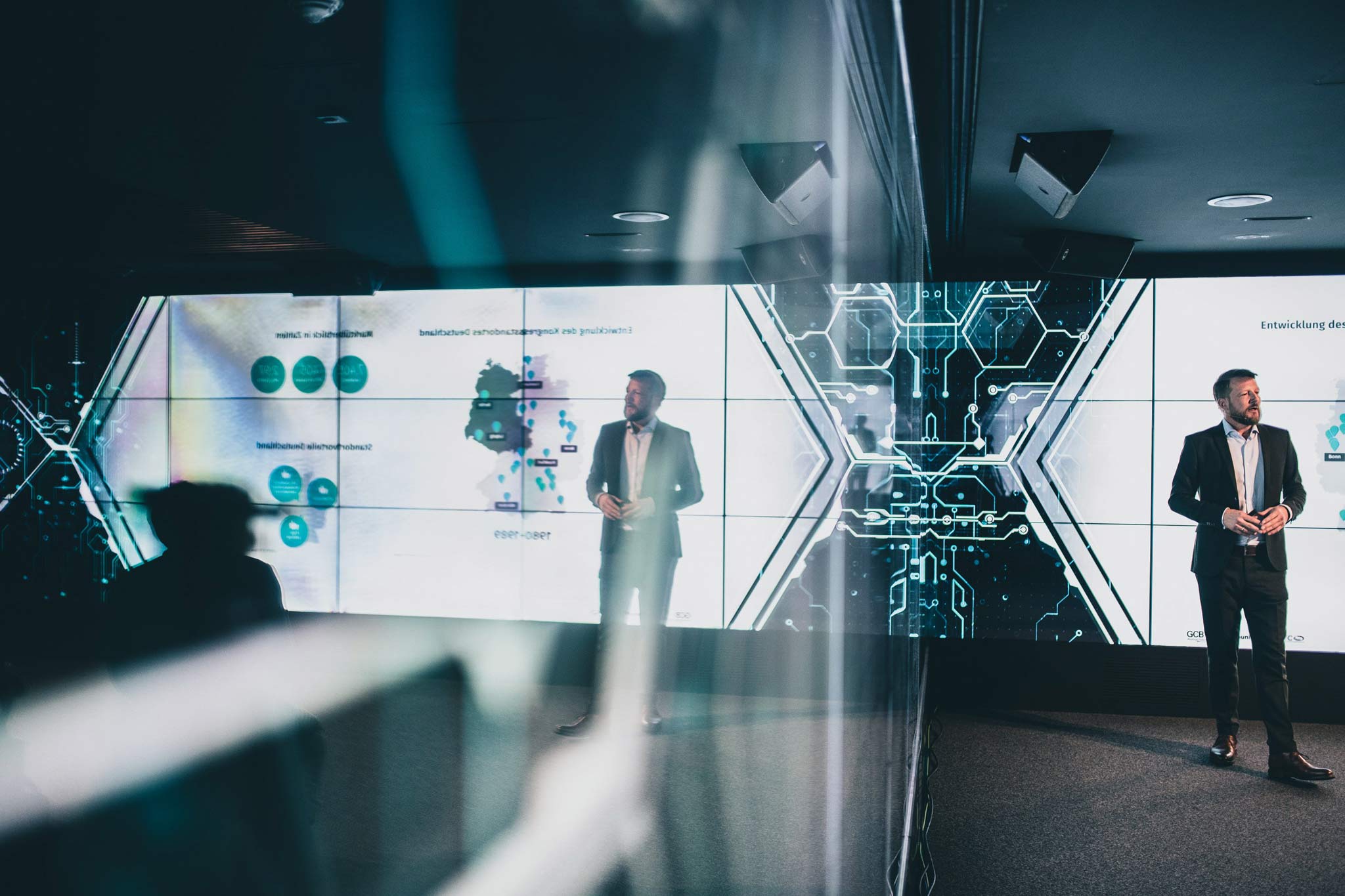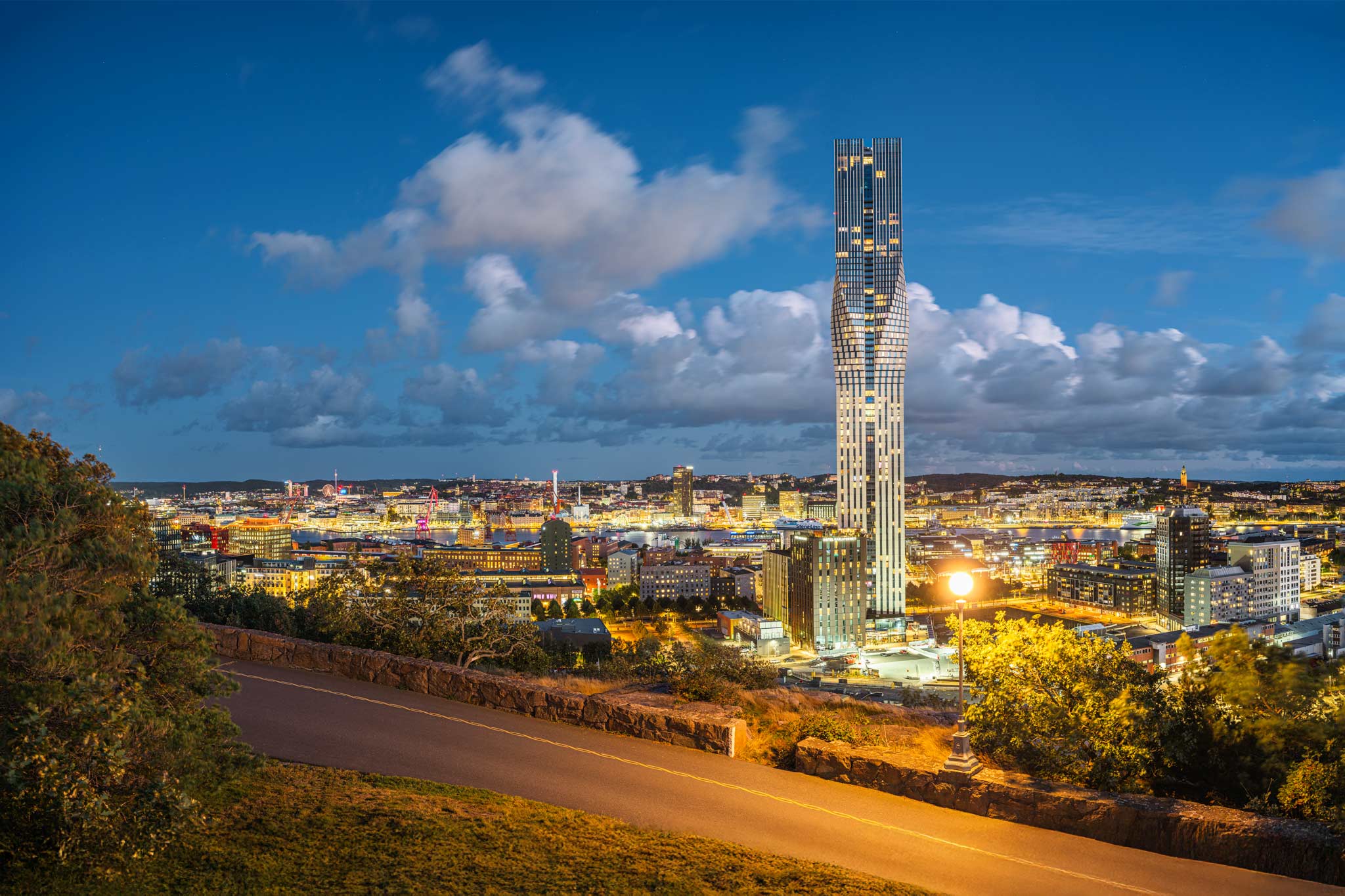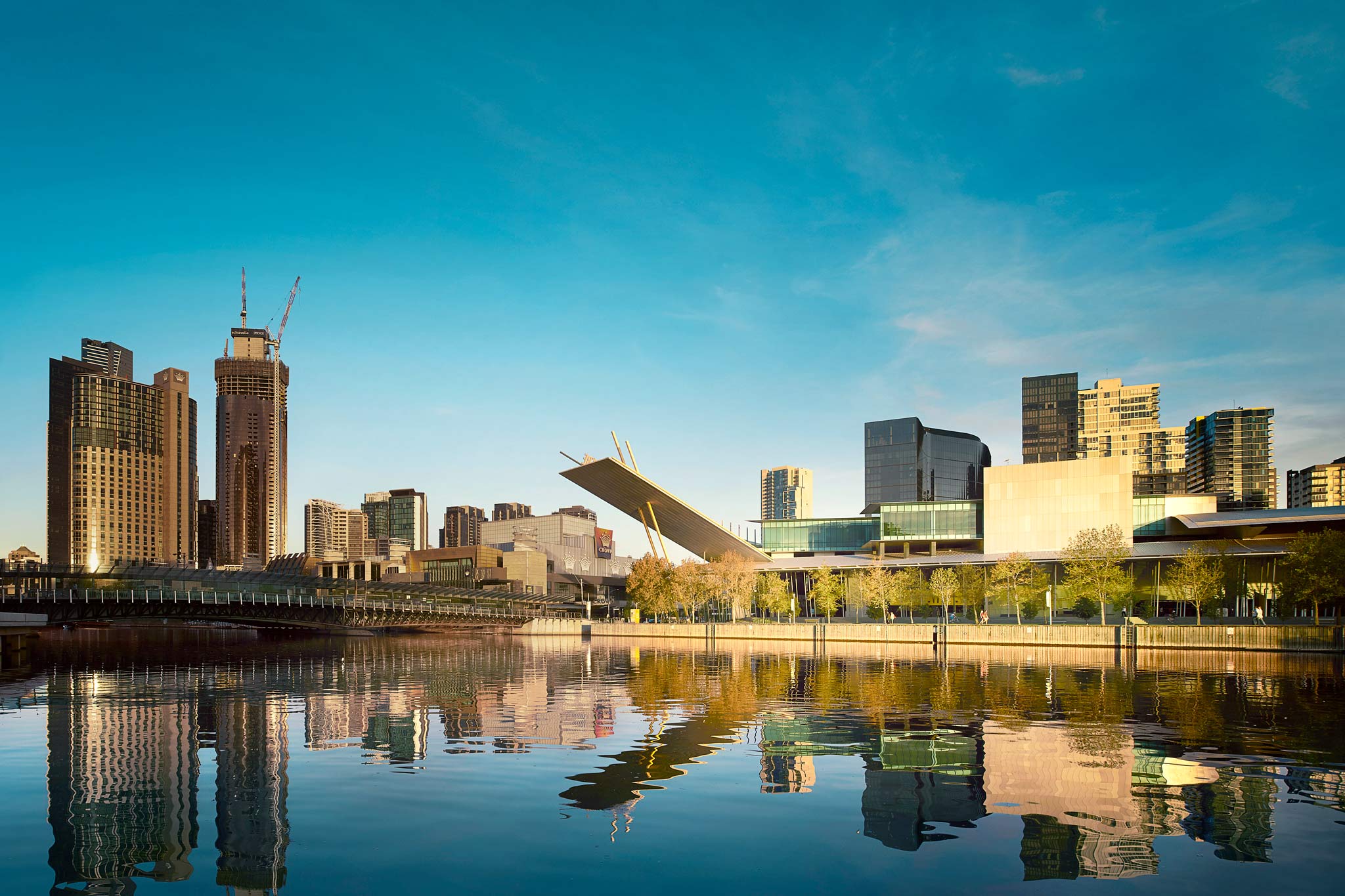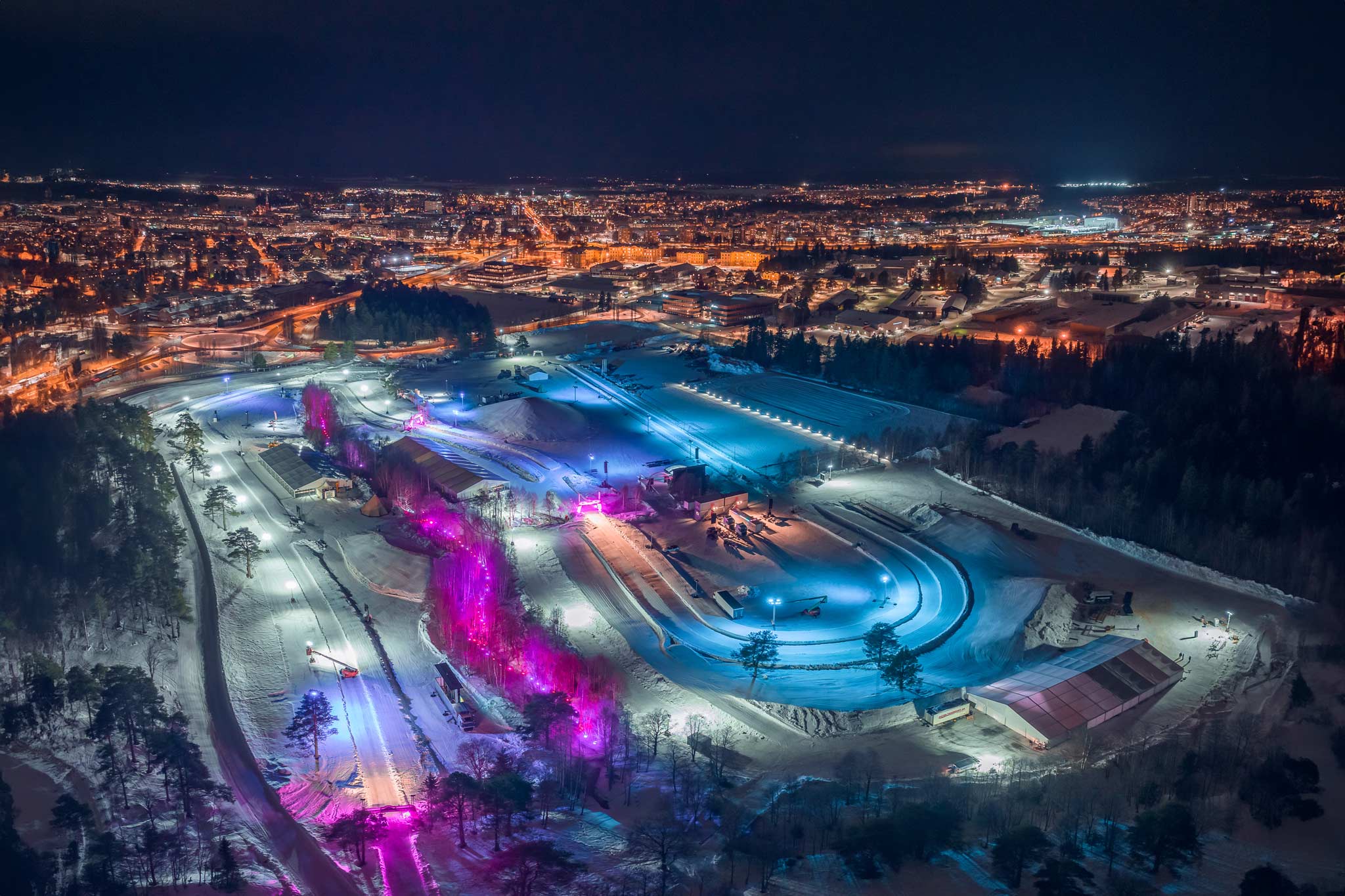How important will events be in the communication mix of organisations in the future? Which type of new skills will be needed? What criteria can be used to measure the success of events? After 18 months of intensive research, the Future Meeting Space (FMS) innovation network of the GCB German Convention Bureau and Fraunhofer Institute for Industrial Engineering IAO will present its latest research findings on these and other questions on 22 February 2021. Registration is free of charge and open now.
The Covid-19 pandemic has rapidly changed the world of events. While private as well as professional events were a given not long ago, attending an event in person in the future will depend, among other things, on a very clear added value compared to purely virtual participation.
“Inspiration will continue to be at the forefront of business events, regardless of whether they take place face-to-face, in a hybrid set-up or virtually. However, this inspiration can take different forms, from pure knowledge transfer to interpersonal exchange,” says Matthias Schultze, Managing Director of the GCB.
“It will therefore be crucial to offer individual solutions for the different functions events have and to focus on their respective objectives.”
It was precisely this question – the role of events – that the FMS innovation network addressed in its third research phase, which has now come to a close. The GCB German Convention Bureau and the Fraunhofer Institute for Industrial Engineering IAO will present the central results on 22 February 2021 from 3 to 5 pm (CET). The presentation is a mix of live and video elements and enables participants to take part in the dialogue via a Q&A.
The research design of the Fraunhofer Institute for Industrial Engineering IAO enables an integrated view on events of the future.
“We approached the central questions with a combination of qualitative, empirical and prospective research methods, which complemented each other,” explains Dr Stefan Rief, Institute Director and Head of Organisational Development and Work Design Research Unit at Fraunhofer IAO.
”This included user stories and a Kano survey as well as a Delphi study and several focus groups.” In addition to the future role of events, the research partners analysed a further three related topics: Firstly, how to measure the success of events, which can be based both on key business figures and on qualitative criteria; secondly, the changing skills profiles for event professionals; and thirdly, the new requirements for locations, DMOs, agencies and other service providers who want to position themselves successfully in the market in the future.





